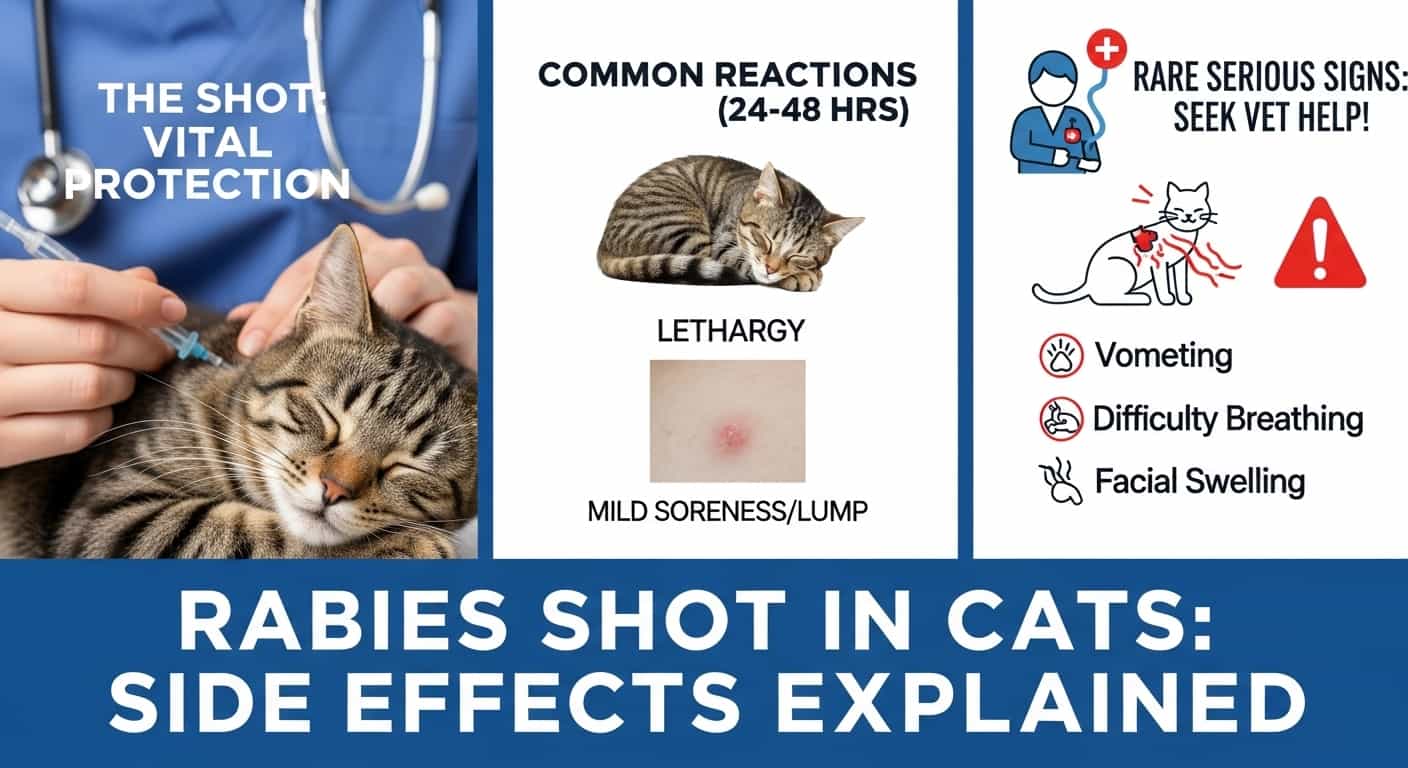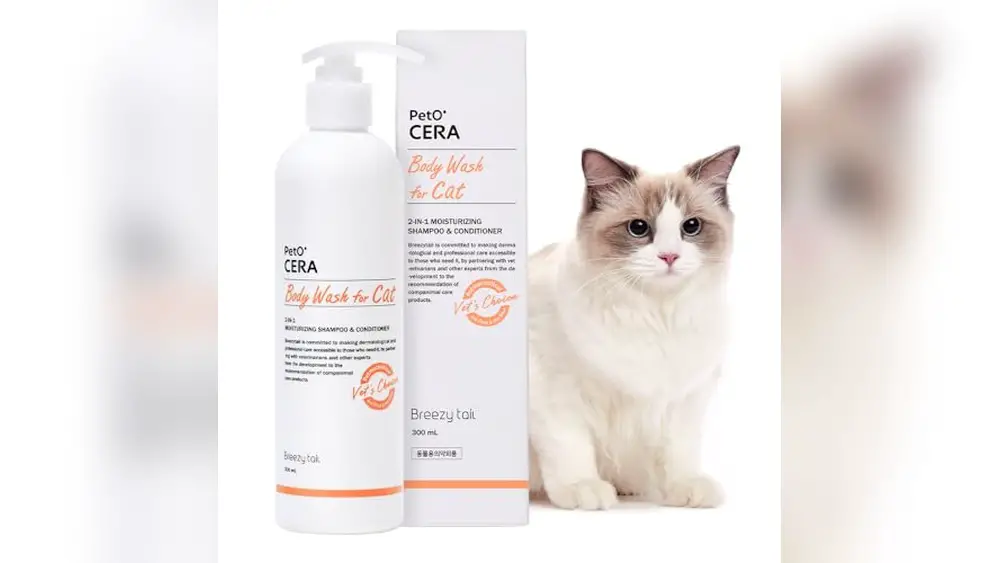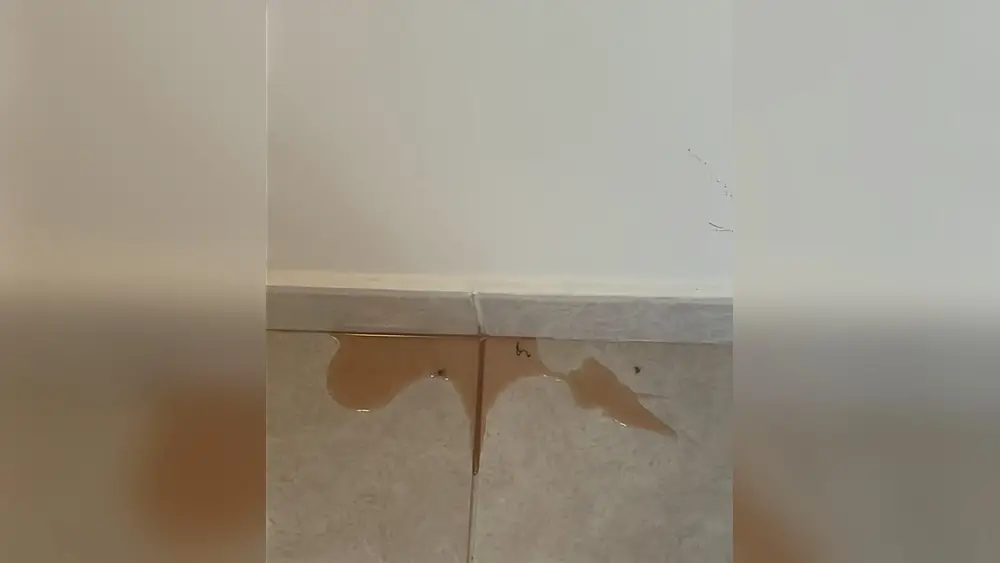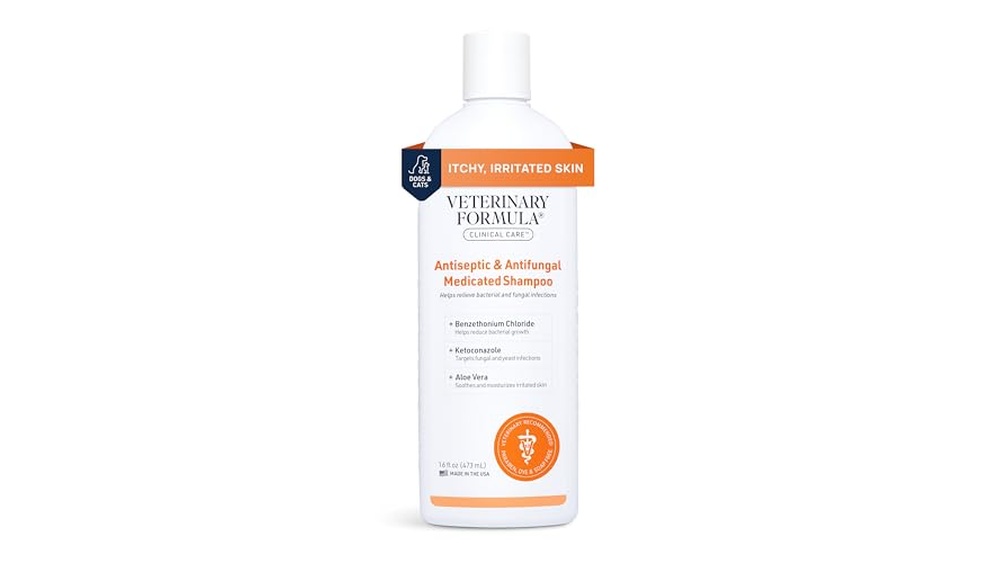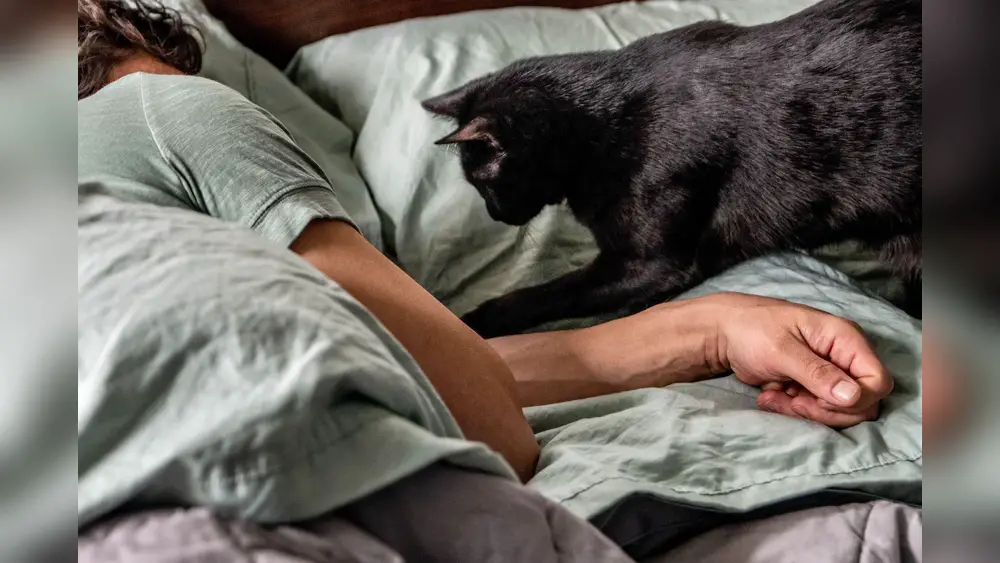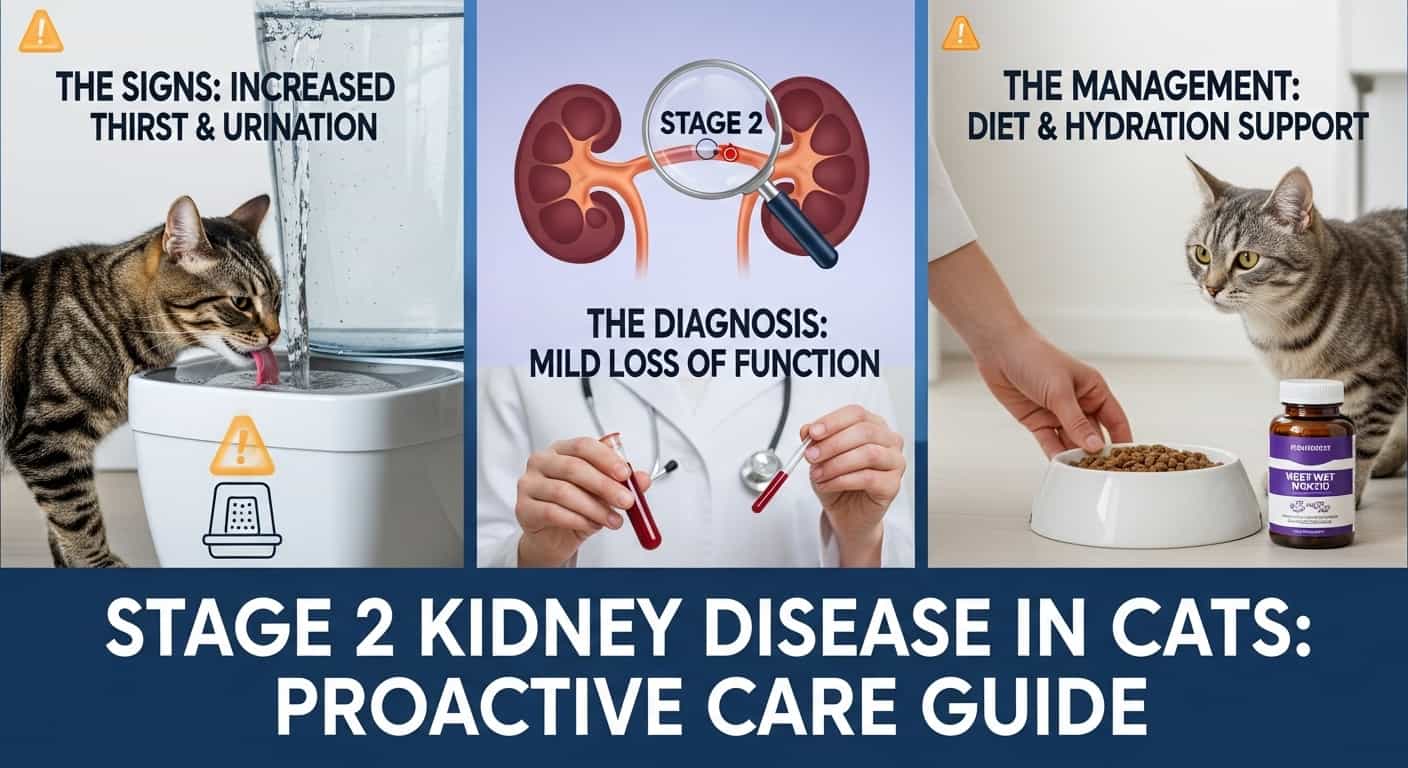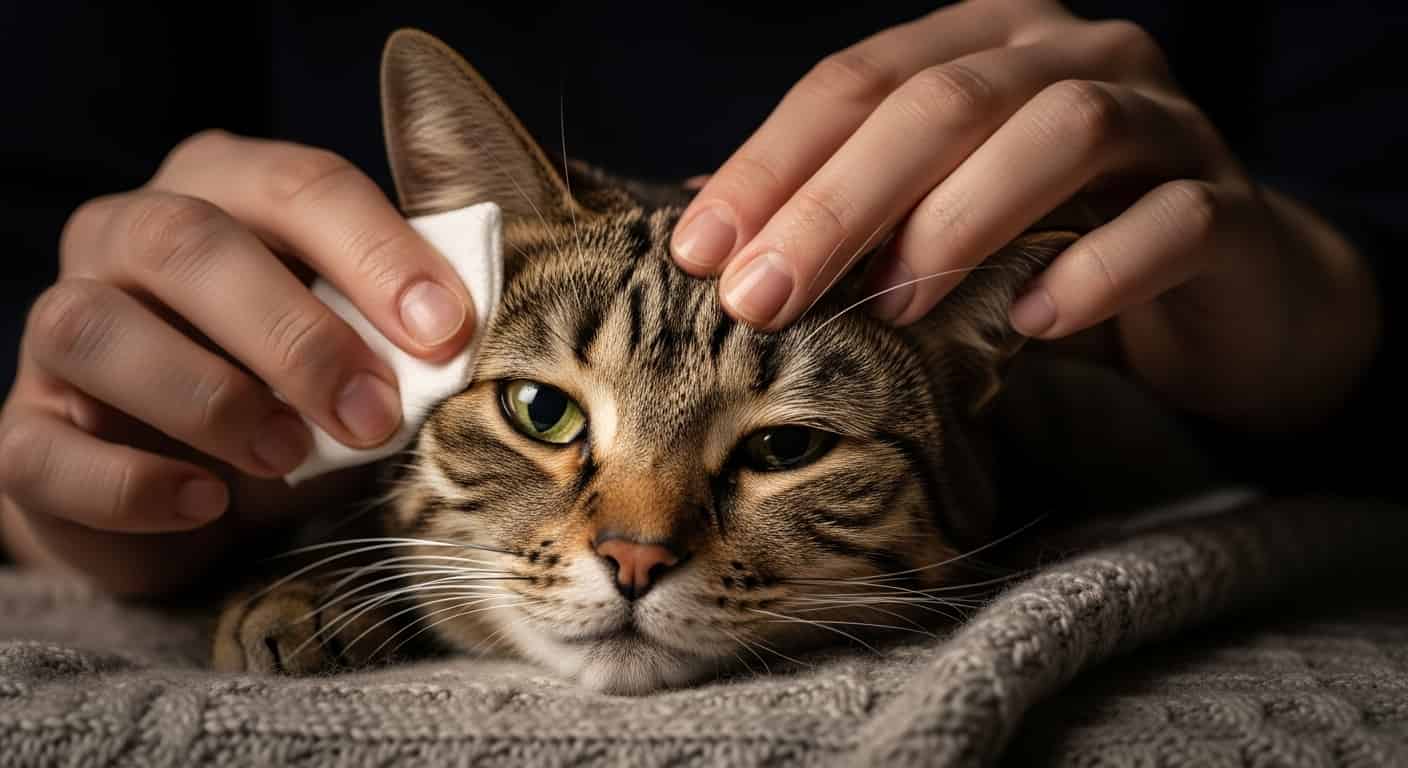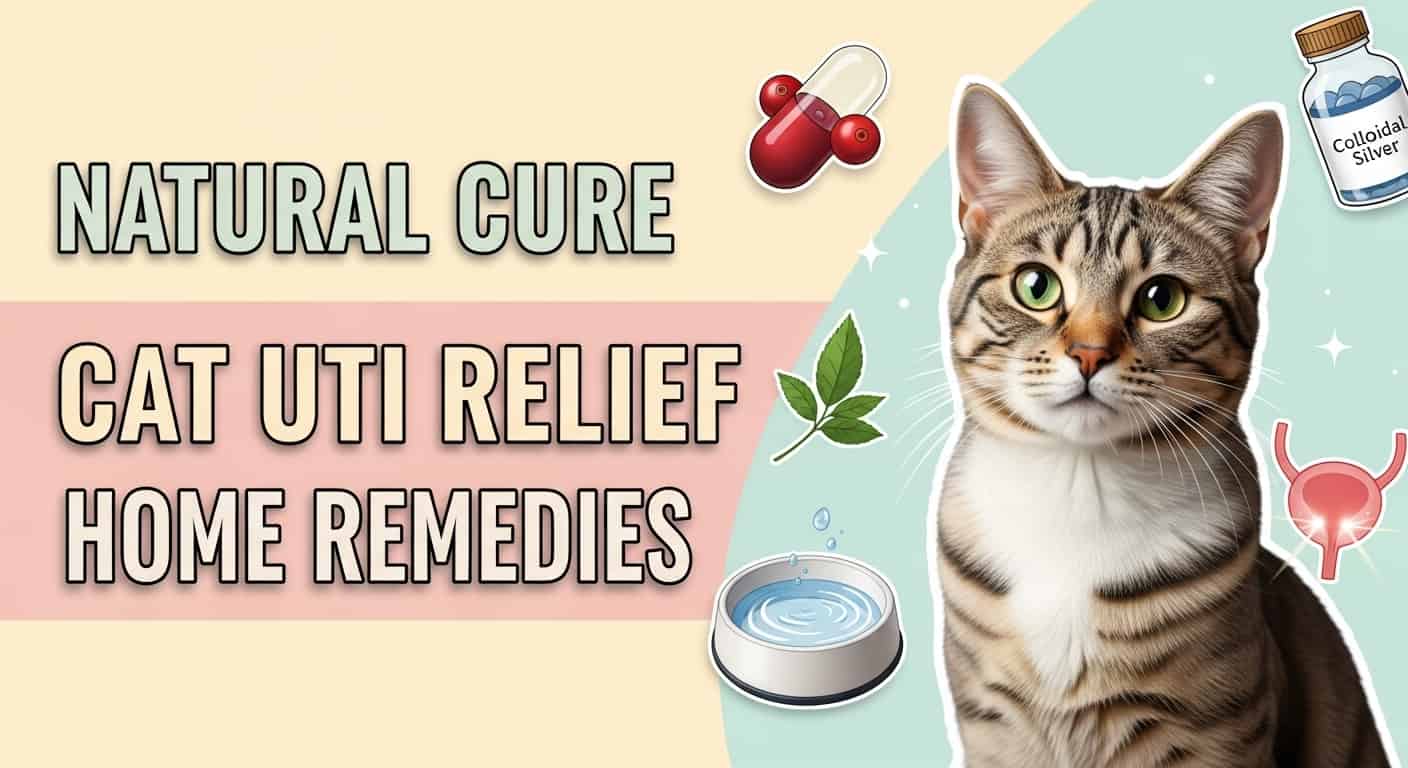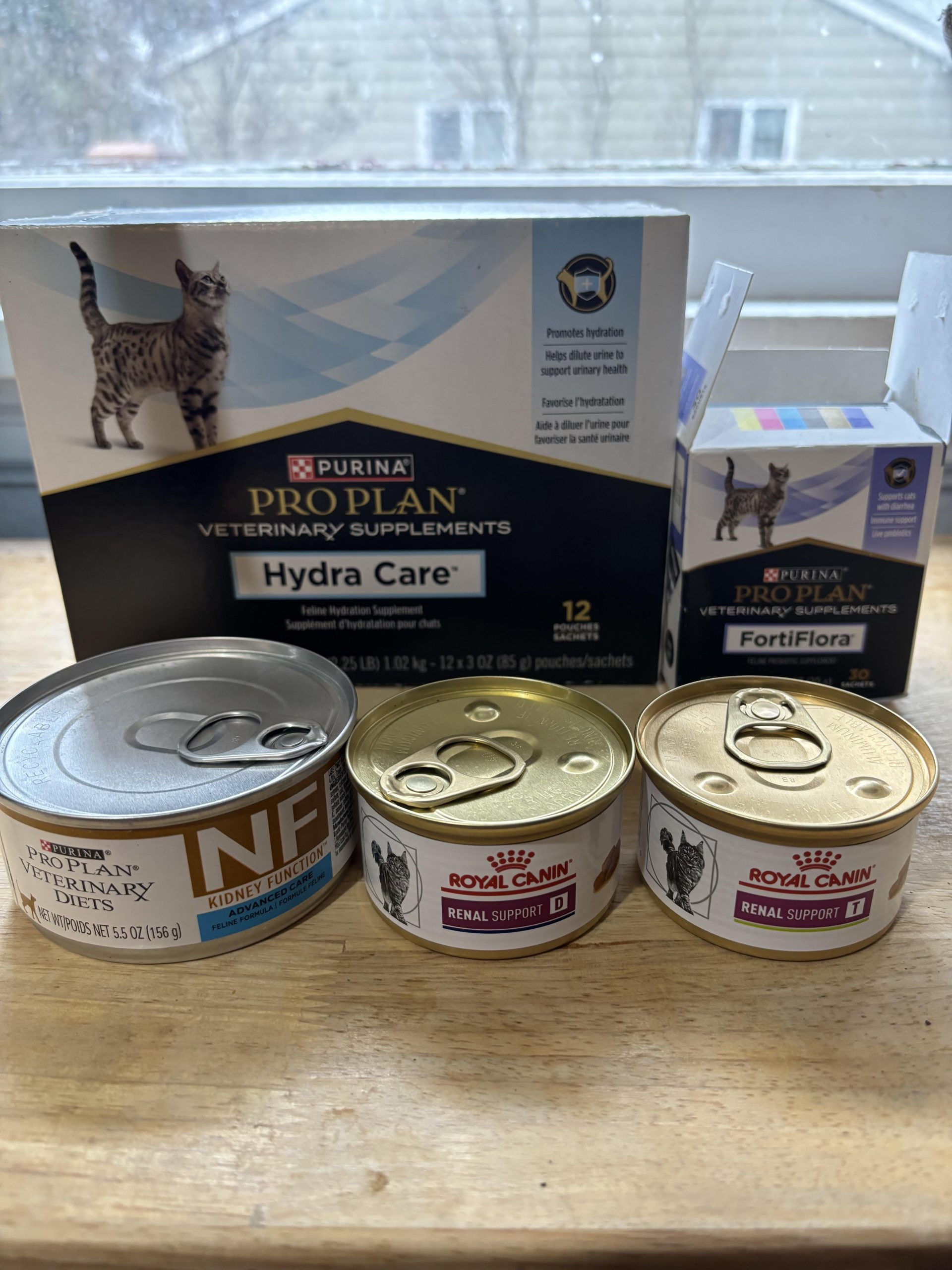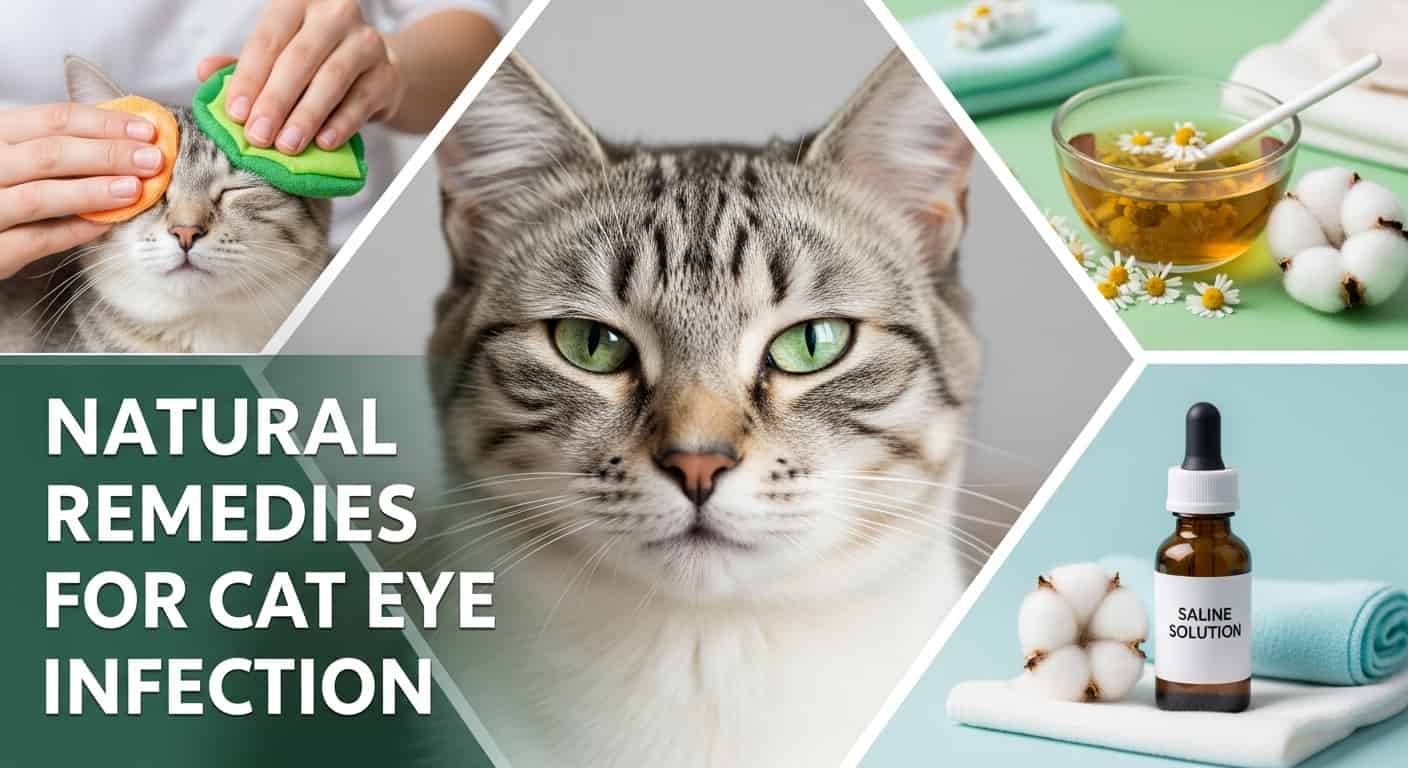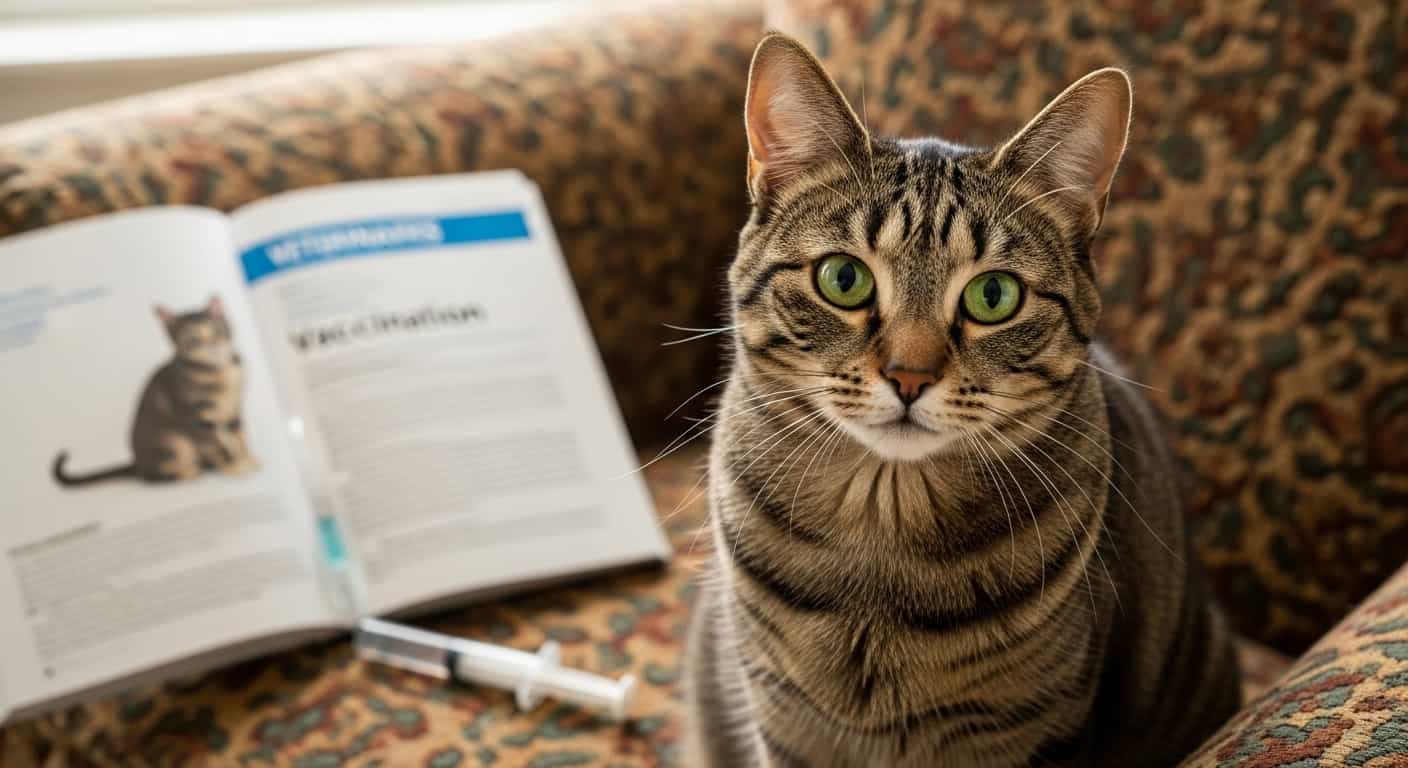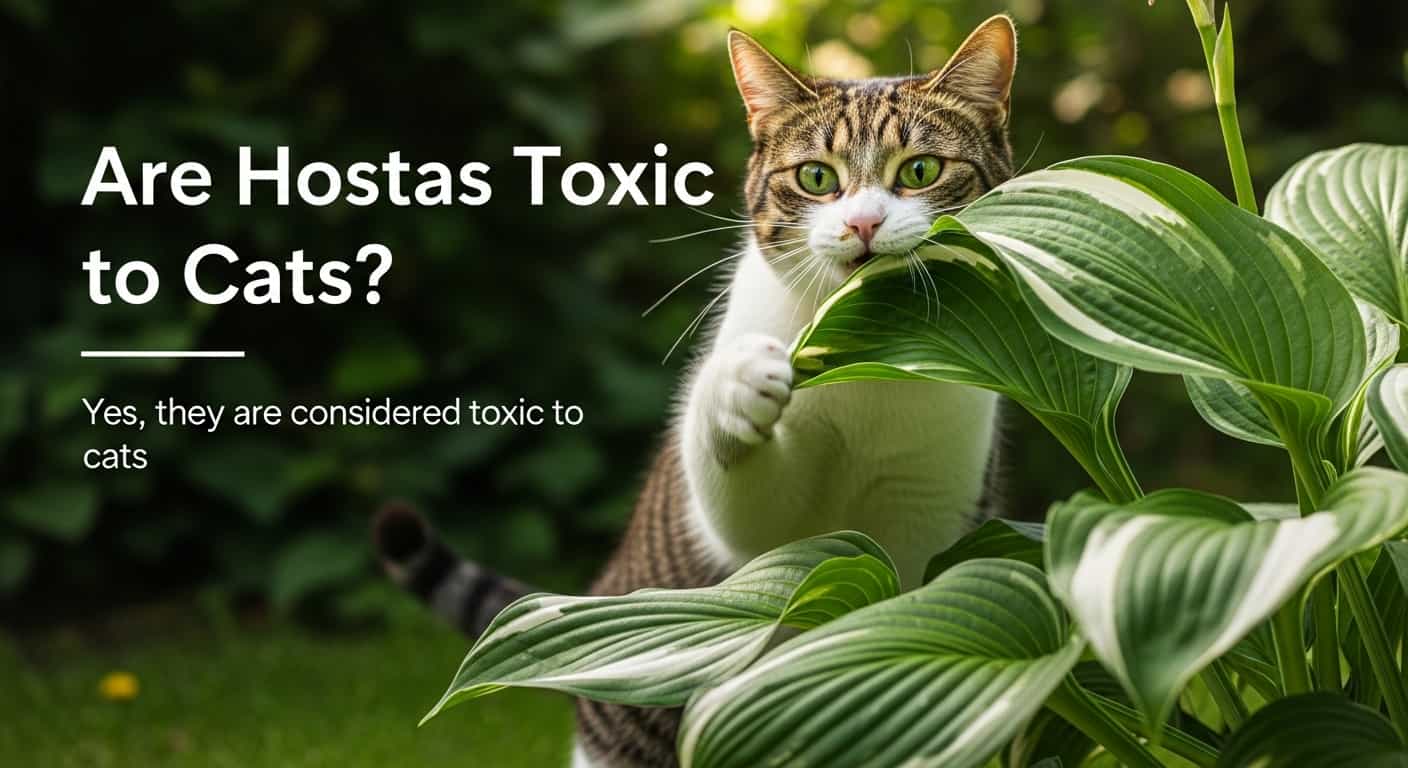If you’re a cat owner, you know how important it is to keep your furry friend safe from diseases. One essential protection is the rabies shot.
Table of Contents
ToggleBut have you ever wondered what side effects your cat might experience after the vaccine? Understanding these side effects can help you spot any issues early and keep your cat comfortable. You’ll discover what to expect after your cat’s rabies shot and how to care for them if side effects occur.
Keep reading to ensure your cat stays healthy and happy after vaccination.
Common Side Effects
Rabies shots are vital for protecting cats from a deadly disease. Most cats handle the vaccine well. Some may show common side effects after the injection. These reactions usually last a short time and are not serious. Understanding these effects helps you care for your cat better.
Mild Reactions
Mild reactions are common and often easy to spot. Your cat might have a slight fever or feel tired. Some cats may lose their appetite for a day. These symptoms usually disappear within 24 to 48 hours. Mild swelling or soreness at the injection site can also occur.
Behavioral Changes
Behavior changes after a rabies shot are usually temporary. Your cat might seem less active or hide more than usual. Some cats may become a bit grumpy or less playful. These changes often last only a day or two. Watch your cat closely to ensure they return to normal.
Physical Symptoms
Physical symptoms can include mild swelling or redness at the injection spot. Some cats may sneeze or cough if the vaccine irritates their nose or throat. Hair loss around the injection area is rare but possible. If symptoms worsen or last more than two days, contact your vet.
Rare But Serious Reactions
Rabies shots in cats are generally safe, but rare serious reactions can occur. These reactions need quick attention to keep your cat safe. Understanding these rare side effects helps you spot problems early. Watch for unusual signs after vaccination. Prompt action can save your cat’s life.
Here's a related post that you might find useful. Cat Peeing Blood Outside Litter Box: Urgent Causes & Solutions
Allergic Responses
Allergic reactions to rabies shots are uncommon. Some cats may develop redness or itching at the injection site. Other signs include hives or small bumps on the skin. These symptoms usually appear within a few hours. Mild allergic responses often go away without treatment. Still, they need monitoring to prevent worsening.
Anaphylaxis Signs
Anaphylaxis is a severe allergic reaction. It can happen quickly after the rabies shot. Symptoms include difficulty breathing, vomiting, or collapse. Your cat may also have a weak pulse or pale gums. This condition needs emergency veterinary care immediately. Quick treatment can prevent fatal outcomes.
Severe Swelling
Severe swelling near the injection site is rare but serious. The area may become hard, red, and painful. Swelling can cause discomfort and limit movement. This reaction might mean an infection or strong immune response. Veterinary help is important to treat swelling and ease pain. Early care reduces risks of complications.
Risk Factors
Understanding the risk factors for rabies shot side effects in cats helps pet owners stay alert. Some cats may face higher chances of reactions after vaccination. Knowing these risks aids in careful monitoring and quick action if needed.
Age And Health Conditions
Young kittens and older cats often have weaker immune systems. This can increase their risk of side effects from the rabies vaccine. Cats with existing health problems also face a higher chance of reactions. Always inform your vet about your cat’s health before vaccination.
Previous Vaccine Reactions
Cats that showed a reaction to past vaccines might react again to the rabies shot. Reactions can include swelling, redness, or mild fever. Tracking your cat’s vaccine history helps vets choose the safest approach.
Breed Sensitivities
Some cat breeds are more sensitive to vaccines than others. These breeds may have stronger immune responses or allergic reactions. Discuss breed-specific risks with your vet to ensure safe vaccination for your cat.

Credit: jensadoptablecats.com
Here's a related post that you might find useful. Cat Keeps Waking Me Up at Night: Proven Tips to Stop It Fast
When To Contact A Vet
Rabies shots protect cats from a deadly disease. Most cats handle the vaccine well. Some may show mild reactions. It is important to watch your cat closely after the shot. Knowing when to contact a vet can keep your cat safe.
Warning Signs
Look for swelling or redness at the injection site. Your cat may feel sore or tender. Watch for vomiting or diarrhea. Lethargy or unusual tiredness can also occur. If your cat has trouble breathing, seek help fast. Loss of appetite or constant scratching needs attention. These signs may indicate a side effect from the shot.
Emergency Situations
Severe allergic reactions need urgent care. Signs include swelling of the face or throat. Difficulty breathing or collapse calls for immediate vet visit. Sudden seizures or extreme weakness are emergencies. Acting quickly can save your cat’s life. Do not wait if your cat shows these signs.
Follow-up Care
Keep your cat calm and quiet after vaccination. Check the injection site daily for changes. Use a cold compress if swelling appears. Give small meals to avoid stomach upset. Contact your vet if symptoms worsen or last more than two days. Follow all vet instructions carefully for best recovery.
Reducing Side Effects
Rabies shots in cats are important for their health. Sometimes, these shots cause side effects. You can reduce these effects by taking simple steps before and after vaccination. Careful attention helps your cat stay comfortable and safe.
Pre-vaccination Tips
Talk to your vet about your cat’s health. Make sure your cat is not sick or stressed. Feed your cat a light meal before the visit. Keep your cat calm during the trip to the vet. This lowers the chance of side effects.
Post-vaccination Care
Give your cat a quiet place to rest after the shot. Watch for any signs of pain or swelling at the injection site. Do not bathe your cat for 24 hours. Avoid letting your cat play too hard right after the vaccine.
Monitoring Your Cat
Check your cat often for unusual behavior or symptoms. Look for vomiting, diarrhea, or breathing problems. If you see these signs, call your vet immediately. Early action can prevent serious complications. Keep a close eye for at least 48 hours.

Credit: www.reddit.com
Alternatives And Precautions
Caring for your cat’s health means understanding all options for rabies protection. Alternatives and precautions help keep your pet safe and healthy. Knowing what to expect can ease concerns about rabies shots and side effects.
Explore different vaccination schedules to find the best fit. Learn about non-vaccine ways to protect your cat. Understand legal rules that affect rabies vaccination.
Vaccination Schedules
Rabies vaccines have set schedules for cats. Some vets recommend yearly shots. Others suggest vaccines every three years. Follow your vet’s advice based on your cat’s health. Early vaccinations help build strong immunity. Keep track of booster dates to avoid gaps in protection.
Non-vaccine Protection
Some owners prefer extra safety steps besides vaccines. Keep cats indoors to reduce rabies risk. Avoid contact with wild animals. Use collars with bells to warn wildlife. Clean wounds immediately after a bite or scratch. Regular health checks catch problems early. These methods add layers of protection.
Legal Requirements
Most places require rabies shots by law. Rules protect pets and people from disease. Proof of vaccination may be needed for boarding or travel. Missing shots can lead to fines or restrictions. Check local laws to stay compliant. Always keep vaccination records updated and handy.
Veterinarian Insights
Veterinarians see many cats receiving rabies shots every day. They know the side effects and how to manage them well.
Understanding what to expect helps cat owners stay calm. It also makes sure cats get the best care after vaccination.
Expert Advice
Most cats feel fine after a rabies shot. Some may have mild swelling or soreness at the injection site. This usually goes away in a day or two.
Watch for unusual signs like vomiting, difficulty breathing, or weakness. These need immediate veterinary care.
Keep your cat calm and avoid heavy activity for a day. Offer water and favorite food to comfort your pet.
Common Myths
Some believe rabies shots cause serious illness. This is rare and not supported by vets.
Others think cats do not need rabies vaccines. Rabies is deadly and vaccination is the best protection.
Myths can cause fear. Trust the vet’s advice for your cat’s health.
Faqs
Q: Can rabies shots cause fever in cats?
A: Mild fever is possible but usually short-lived.
Q: How long do side effects last?
A: Most side effects last one to two days.
Q: Should I give medicine after vaccination?
A: Only if the vet recommends it. Do not give human medicine.

Credit: www.fiveoaksah.com
Frequently Asked Questions
What Are Common Side Effects Of Rabies Shot In Cats?
Common side effects include mild fever, swelling, and soreness at the injection site. Cats may also experience temporary lethargy or decreased appetite, which usually resolves within a day or two.
Can Rabies Vaccination Cause Allergic Reactions In Cats?
Yes, some cats may develop allergic reactions like itching, facial swelling, or difficulty breathing. Immediate veterinary care is essential if these severe symptoms appear.
How Long Do Rabies Shot Side Effects Last In Cats?
Most side effects last one to three days. If symptoms persist beyond this or worsen, consult your veterinarian promptly for evaluation.
Is It Safe To Vaccinate Cats With Health Issues?
Cats with mild health problems can usually be vaccinated safely. However, severely ill or immunocompromised cats may need special veterinary assessment before vaccination.
Conclusion
Rabies shots help protect cats from a deadly virus. Some cats may show mild side effects after the vaccine. These can include swelling, soreness, or a little tiredness. Most side effects go away in a day or two. Watch your cat closely after vaccination for any unusual signs.
Contact your vet if side effects last long or get worse. Vaccinating your cat keeps them safe and healthy. It is a small step with big benefits. Always follow your vet’s advice for the best care.

